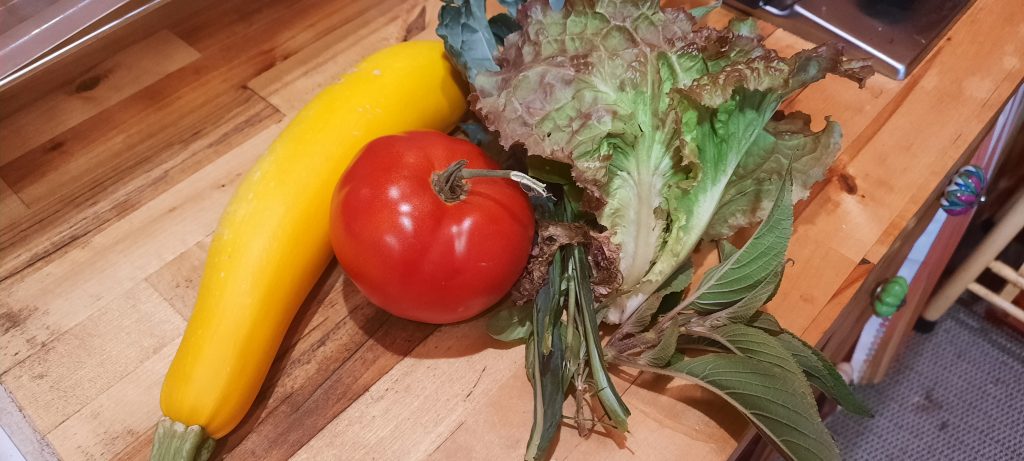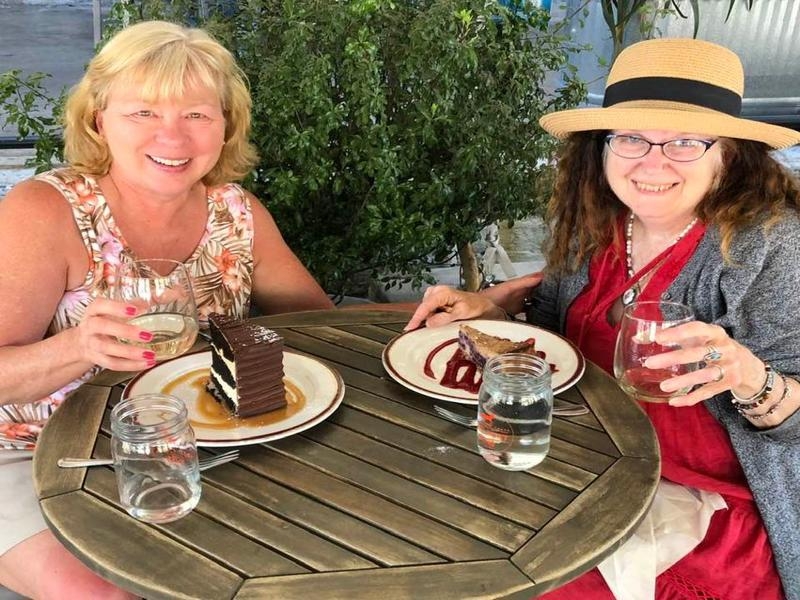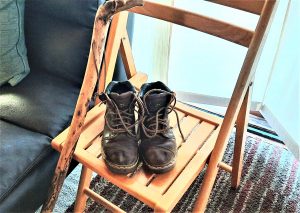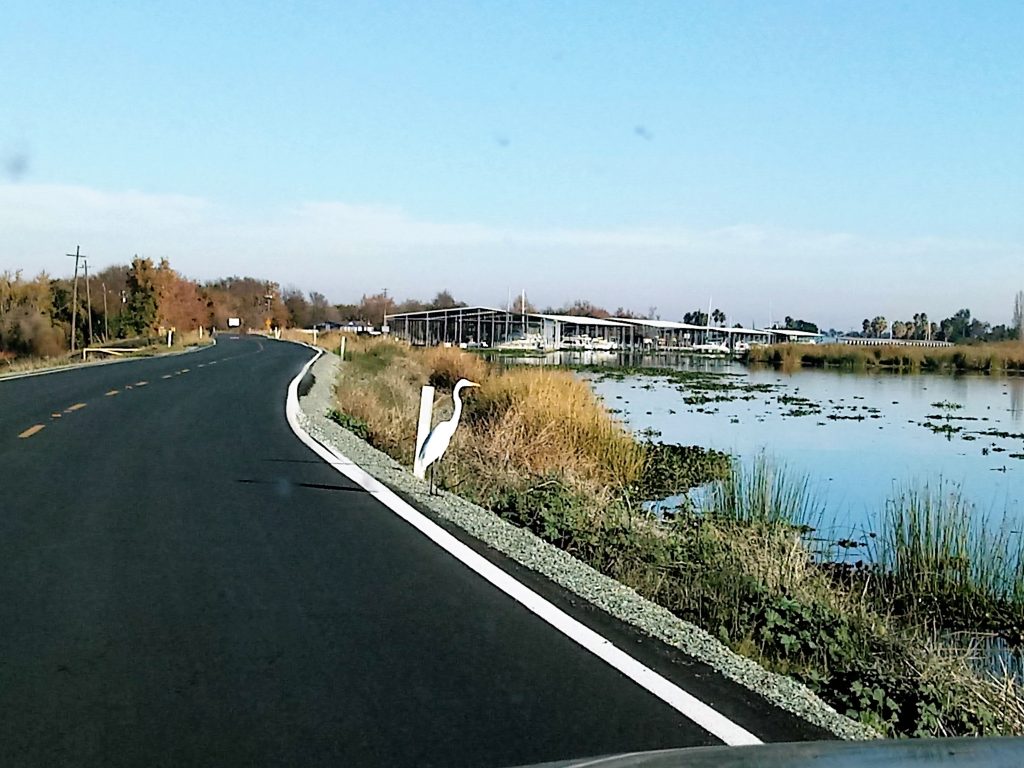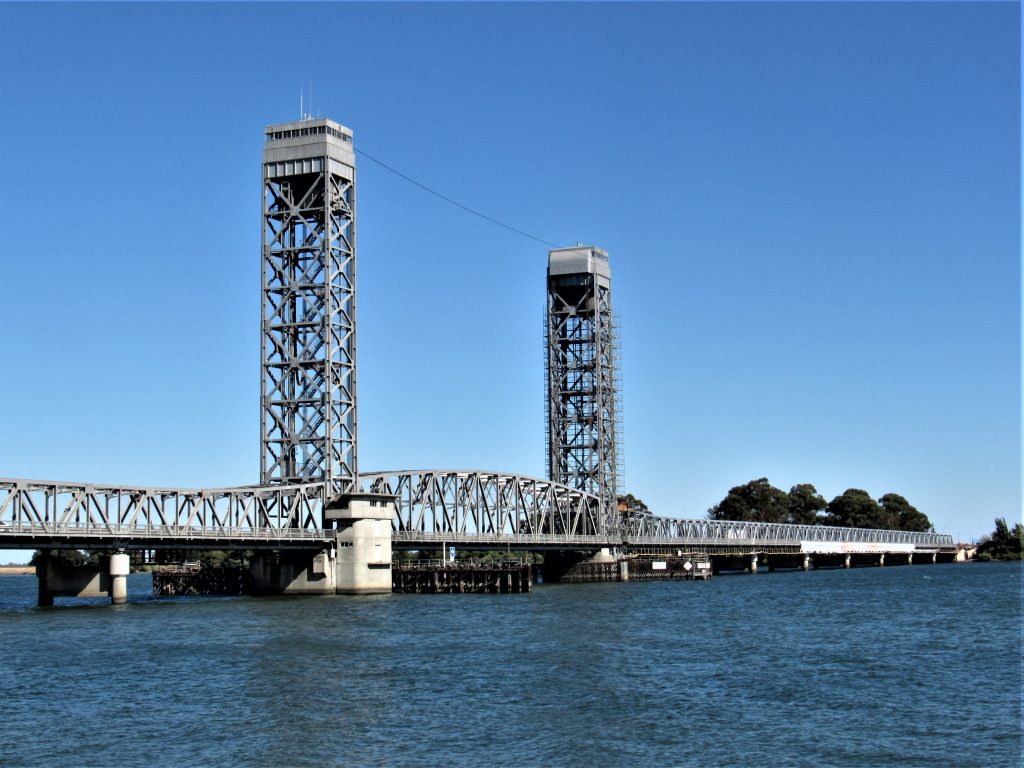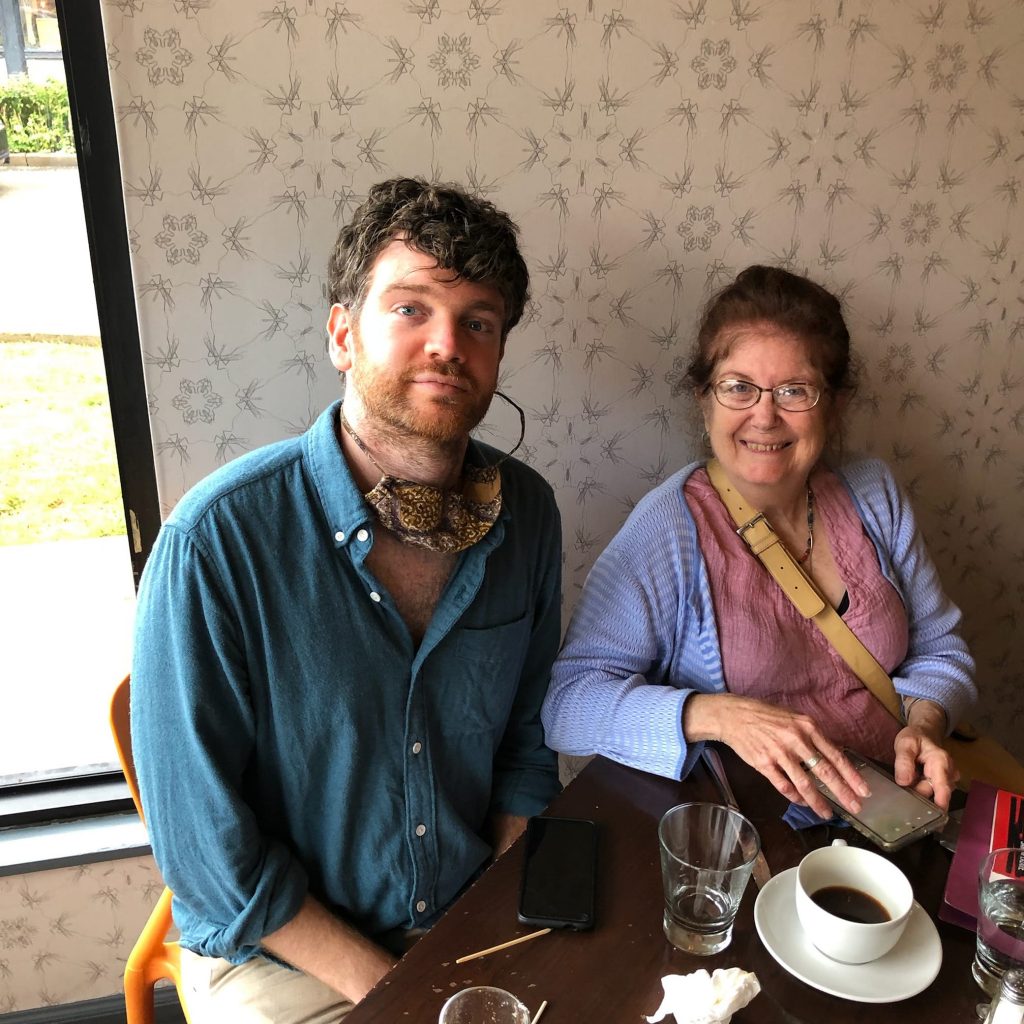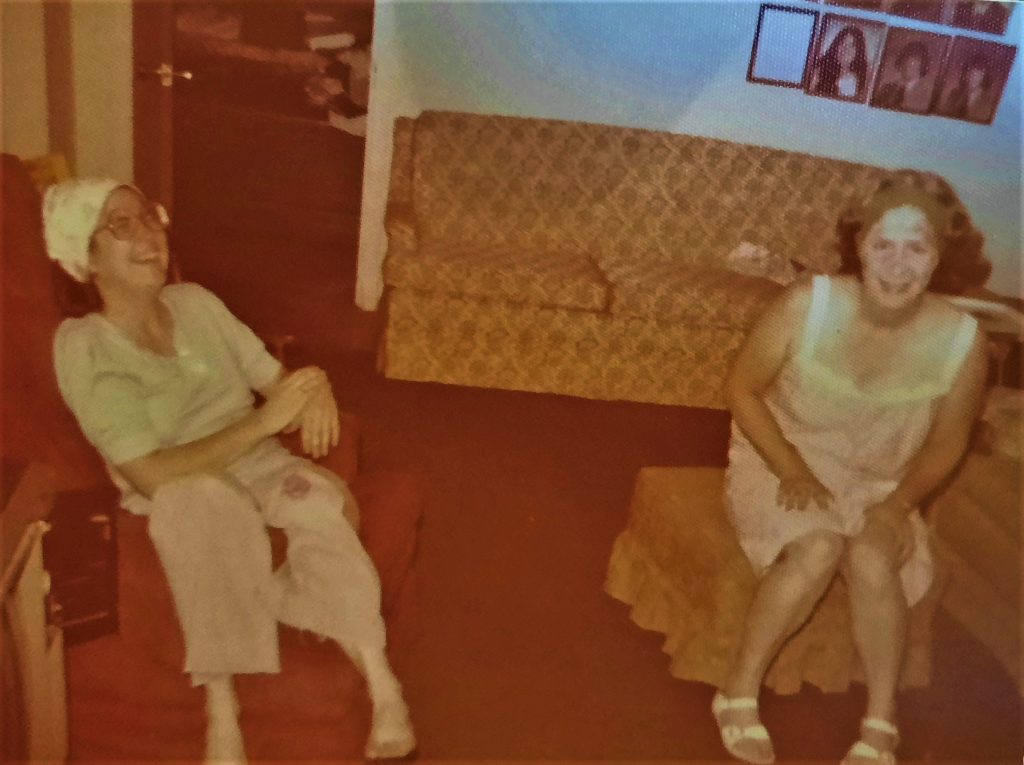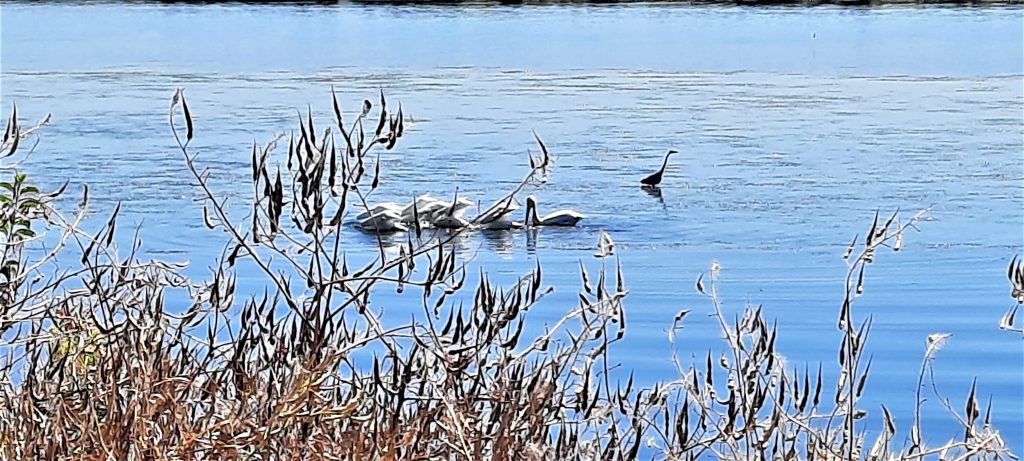Another month draws to a close tomorrow. I glance at the digital calendar in the corner of my laptop and silently reckon. I started this quest to live complaint-free on 01 January 2014. In just 30 hours, I will start the one-hundred and fourth month of my journey. I have yet to traverse twelve months without uttering some complaint, however trivial.
The past week seemed to bring an endless sequence of blows against my shoulders, sharp clips on the back meant to startle me into reality. I close my eyes and list the swift jabs: A few negative test results, a flutter of mail accumulated in the wrong box with a hefty overdue bill, a growing weakness in my lower extremities that i can’t control. I shake my head and remind myself of all the good which surrounds me. No Russians bomb my village. None of my family members died of Covid. I live in a state with amazing health care. My neighbors leave tomatoes from the community garden on my porch rail.
A few minutes ago, I scrolled through the penultimate proof of my essay collection which sees publication soon. We have a book release scheduled for 10 September 2022, which would have been my mother’s ninety-sixth birthday had she lived. Just five days earlier, I will turn sixty-seven, and two days before that, I will attend the fifty-third reunion of my grade school class. Time continues to march forward, firmly gripping a heavy piece of chalk with which it marks the milestones over which I want to linger. Time takes my hand and pulls me forward, scowling, chastising me, telling me to hurry.
Over the next several months, I will have the questionable pleasure of meeting several new types of medical specialists. My questions already formulate themselves on the pages of my mental notebook. What does it mean, what will happen, what can we do? I will not ask, Why me? because I know the answer. Why not? If not you, who? In my little community alone, two people face the end-stages of cancer and more than a few stare at the inevitable consequences of a hopelessly bad ticker. I have no corner on the tragedy market. I am but a statistic; a rare one, possibly, but a statistic nonetheless. Rare though my particular set of diagnoses might be, they are what I have. I could have other things, but I got these. Everybody has something.
And so, I acquiesce in the video visits. I hydrate, I fast, and I submit to the lab draws. I read the articles which kind people send me. I make a list of the recommendations. I draw a line in blue-black fountain pen to separate the precautions and efforts that I feel capable of undertaking from those which I know that I will never embrace. My instinct for self-survival has limits.
Today I cleaned my porch, my funny little 8 x 8 deck, and most of my house. I sit and listen to the ticking of the clock and the whir of the electric fan overhead. I feel tired. I worked four full days at a traditional job this week, and spent Friday in town, running errands and tending to the business of life.
Tomorrow, I might visit Courtland for the Pear Festival. Perhaps I will drive along the levee road and look for herons in the slough. Certainly, my sister Joyce and I will speak. I might even read one of the articles that my friend Kimberley sent me. But more likely, I will set a load of clothes to go through the wash and dry cycle while I sit outside and read another eighty-year-old British crime novel. When the sun sets, I will take myself inside and drink a cup of green tea, which Kimberley promises will keep me healthier than not. It certainly can’t hurt. Drink green tea made the cut.
It’s the thirtieth day of the one-hundred and third month of My Year Without Complaining. Life continues.
